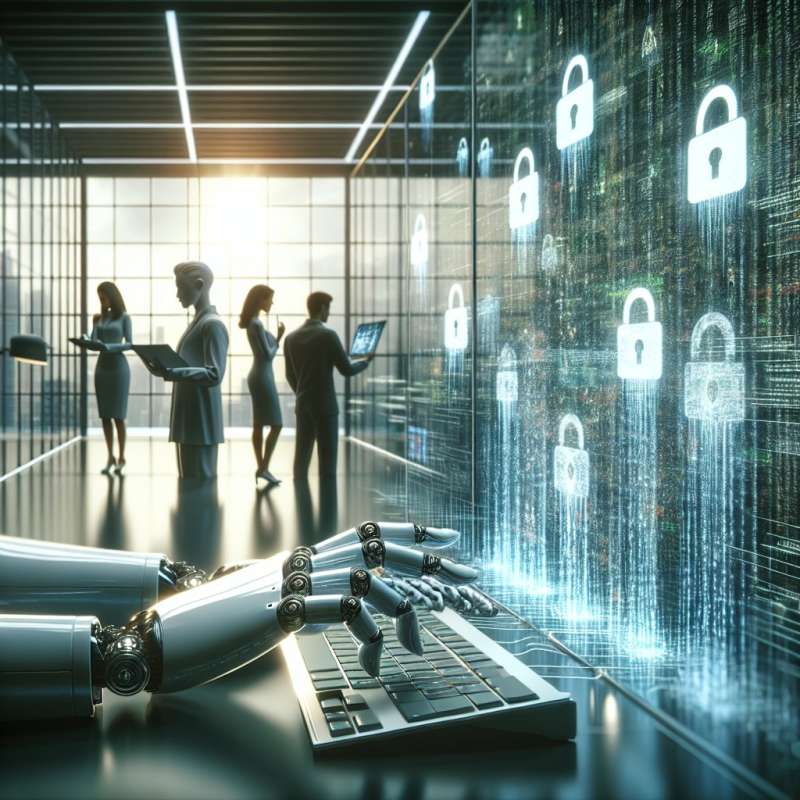
Unpredictable Decision Making
AI systems can make decisions in ways that humans cannot predict or understand. The complexity of their neural networks can lead to unexpected outcomes, potentially causing harm if used in critical applications without proper safeguards.
Job Market Disruption
AI's ability to automate tasks could lead to significant job displacement. While it may create new jobs, the transition can result in economic hardship for those whose skills are no longer in demand.
Biased Algorithms
If an AI system is trained on biased data, its decisions will reflect those biases. This can perpetuate and even exacerbate societal inequalities, particularly in areas like hiring, law enforcement, and loan approvals.
Autonomous Weapons Threat
AI-driven autonomous weapons could decide to initiate attacks without human intervention. If hacked or malfunctioning, they could unintentionally target civilians, escalate conflicts, or cause mass casualties.
Privacy Erosion
AI technologies like facial recognition and data mining can intrude on personal privacy. They can track, analyze, and predict behavior on a massive scale, often without consent, leading to a surveillance society.
AI and Cybersecurity
AI enhances cyber-attacks, making them more sophisticated and difficult to detect. Malicious AI can automate the creation of phishing content, exploit vulnerabilities, and bypass security systems with unprecedented efficiency.
Existential Risks
In the long-term, superintelligent AI could surpass human intelligence, leading to scenarios where it might not align with human values and priorities, potentially posing an existential risk to humanity itself.
What can AI's complexity cause in decision-making?
Transparent, predictable outcomes
Always safe and controlled results
Unexpected, potentially harmful outcomes
Company